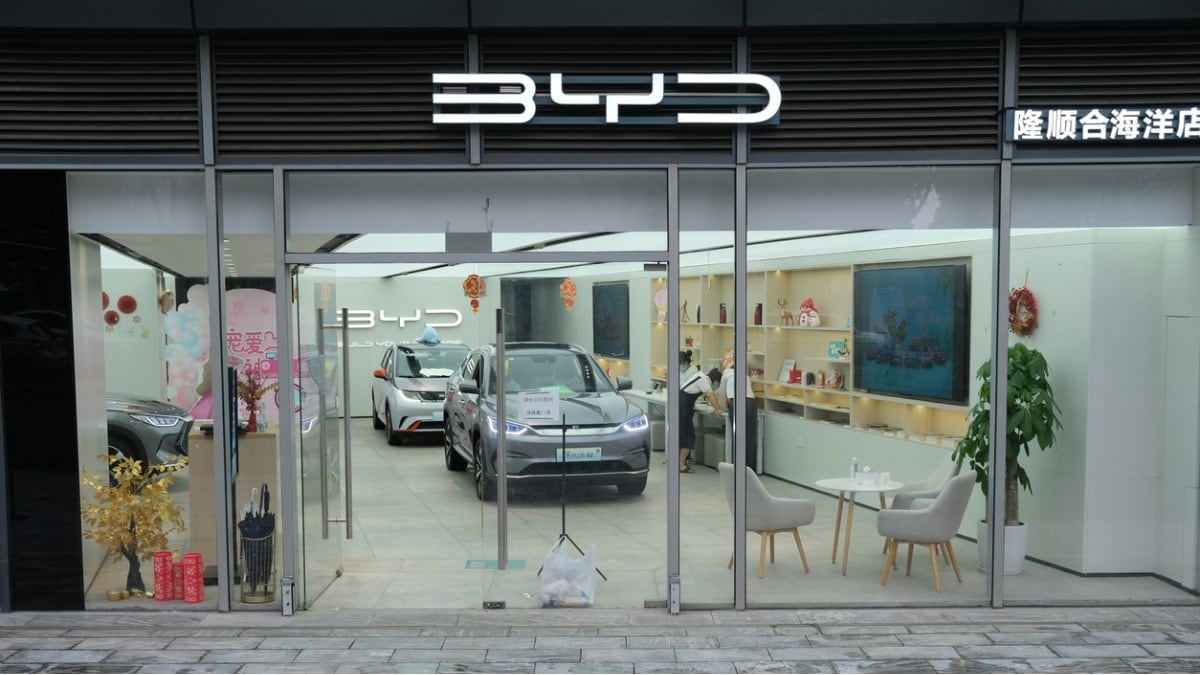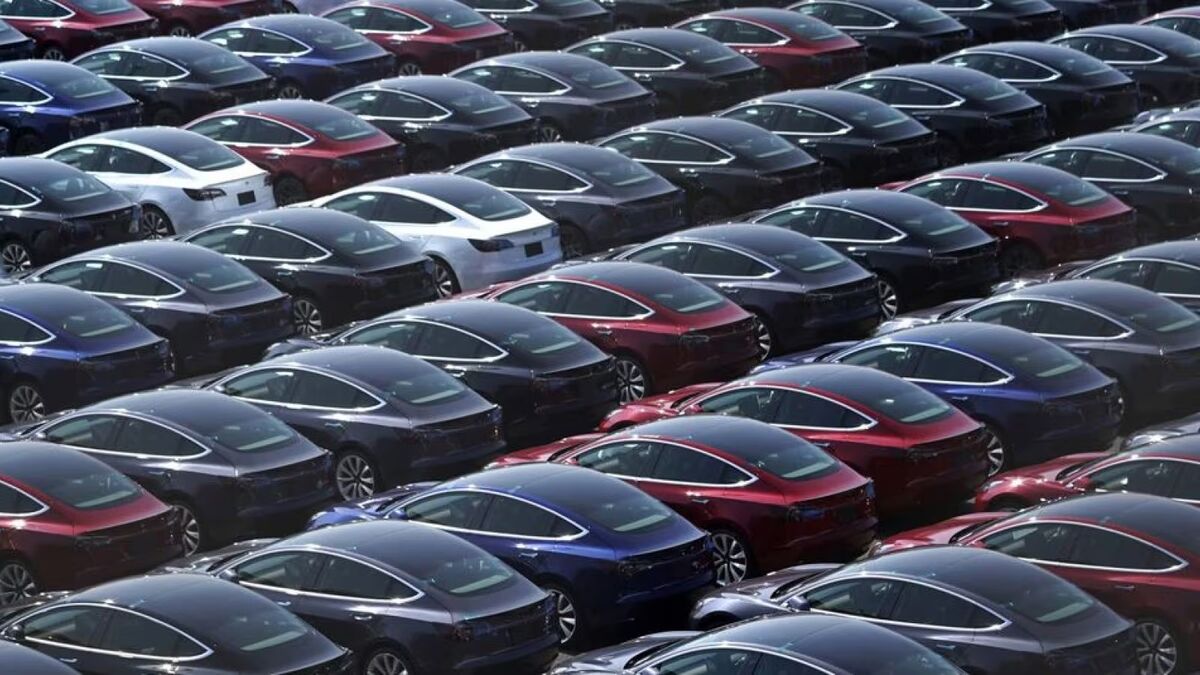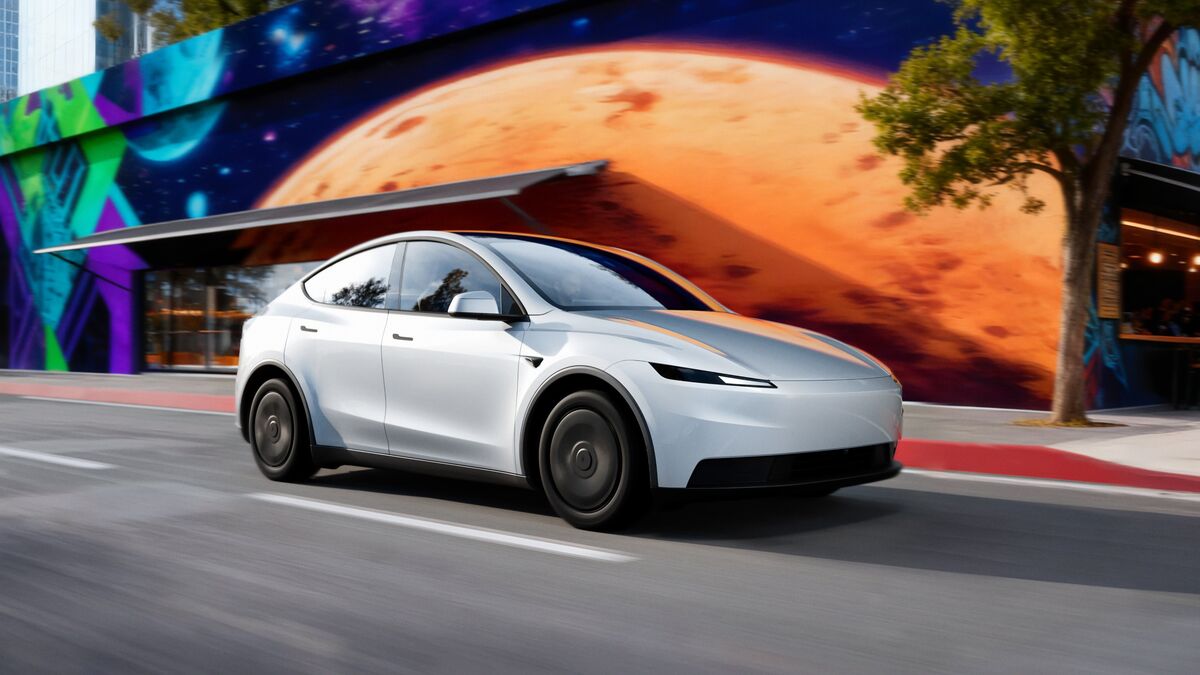In an ominous sign for American electric vehicle (EV) builders, more than half of likely EV buyers know about Chinese EV brands that aren’t even for sale in the U.S. yet.
Fifty-eight percent of Americans likely to purchase an EV as their next vehicle told researchers from AlixPartners they were familiar with Chinese brands like BYD and Nio, reports Automotive News.
“That share jumped to 76 percent for those buyers ages 18 to 25 and 73 percent for those 25 to 35,” AN says.
AlixPartners surveyed 9,000 potential EV buyers, 2,000 of whom were American, according to AN.
No Chinese Car Brands Sell Cars in the US – Yet
No Chinese brands sell cars in the United States today. However, many industry analysts believe Chinese EVs could reach the American market someday.
Already, some Chinese-built cars sit at U.S. auto dealers.
China’s Geely Holding Group owns Volvo. Volvo builds most of the cars it sells on the American market in the U.S. or Europe. However, the company imports its S90 sedan and EX30 EV to the U.S. from Chinese factories.
The Lincoln Nautilus and Buick Envision ship to U.S. dealers from factories in China.
Chinese automakers are coming to dominate the global EV trade. The country is already the world’s largest car market. China may have exported more cars than any other country last year (though a Japanese trade group disputes the claim). China’s BYD knocked Tesla off its perch as the world’s largest EV builder in 2023.
Chinese automakers don’t sell cars in the U.S. market, but Chinese cars now outsell American vehicles in Mexico, and several Chinese automakers have broken ground on factories in Mexico.
Related: Chinese Automakers Inch Closer to American Market
Many in the U.S. worry that those factories could someday build cars for the American market. Some might even qualify for trade benefits under North American free trade agreements.
Awareness of Chinese Brands Growing in the US
Chinese EVs can be very inexpensive thanks to lower labor costs and China’s abundant supply of certain minerals critical to EV batteries.
“It’s pretty clear that even with very little market share, the awareness is really growing,” Mark Wakefield, global co-leader of AlixPartners’ automotive and industrial practice, told AN.
“China is five to seven years ahead of the pack,” Arun Kumar, partner and managing director in the automotive and industrial practice at AlixPartners, told Forbes. In China, 97% of respondents said they plan to buy an EV next.
The White House recently proposed new restrictions on Chinese-derived software that, some analysts believe, are intended to stop Chinese automakers from selling cars in the U.S.








